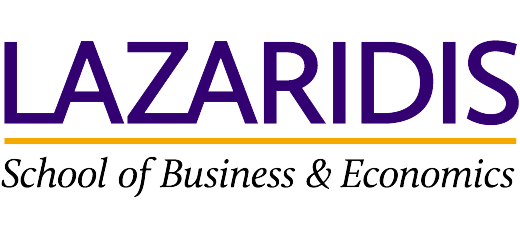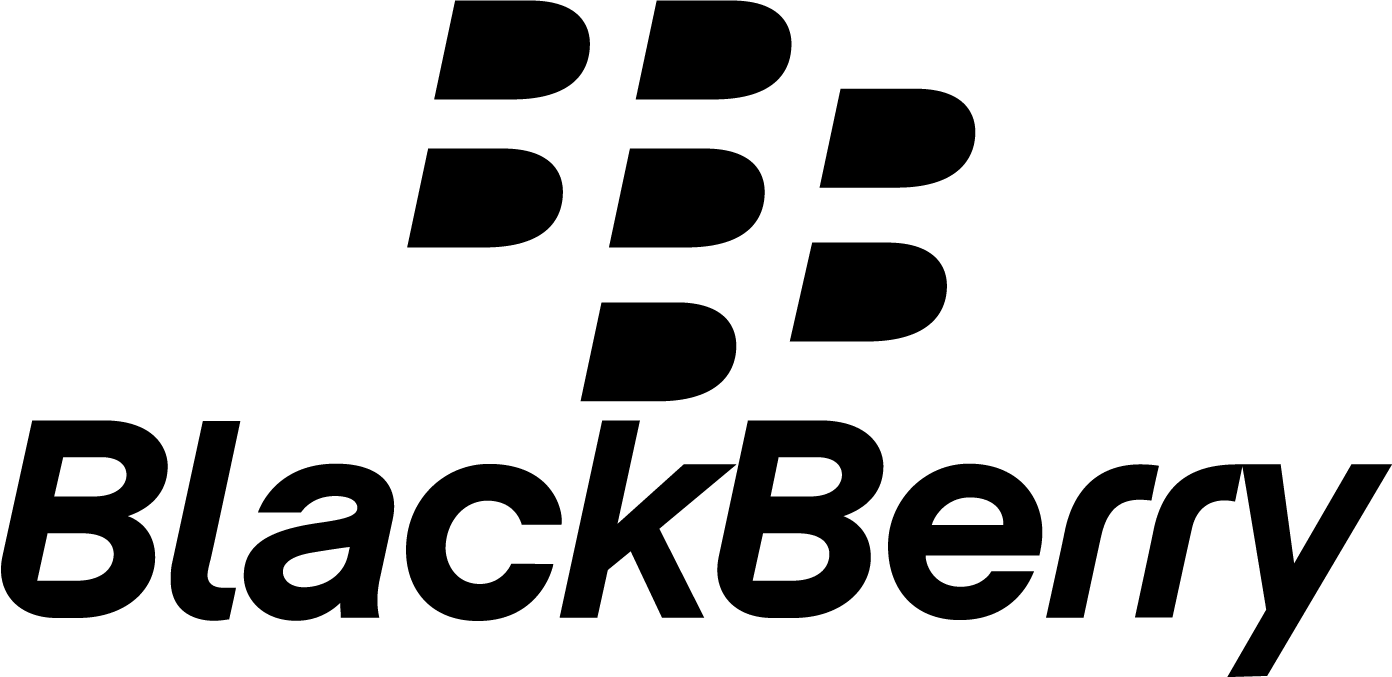Teaching with Technology
|
Research Questions.
|
Project Description.
|
Key Findings and Recommendations
- To successfully integrate digital cognitive tools, teachers need to develop Technological Pedagogical Content Knowledge (TPACK, Mishra & Koehler, 2006) and then take risks, get messy and try things out with support in terms of resources, both human and technical.
- Teachers need to understand the pedagogy that works best for the content they are teaching and how technology can support the most effective instructional and assessment strategies. The most effective integration of technology will happen through appropriate modelling of instruction using technology, learning with technology, and, working collaboratively with peers and teachers.
- Once teachers are successfully integrating technology into their teaching and student learning, we can begin to evaluate and measure learning outcomes related to digital technologies and 21st century learning.
- Individual characteristics of teachers are a key variable in predicting integration of digital technology, including propensity to take risks, learning preferences, and knowledge.
- Most effective professional learning for teachers around the integration of technology includes authentic, just-in-time support from knowledgeable peers and experts.
- Access to individual, hand-held mobile technology may support self-regulated learning and constructivist teaching.
Publications
Mueller, J., Archer, K., Wood, E., & De Pasquale, D. (2017). Put their learning in their hands:
Apps supporting self-regulated learning. In N. Kucirkova & G. Falloon (Eds.), Apps, technology and younger learners:
International perspectives, empirical evidence, implications for practice (pp. 102-116). London: Routledge.
https://www.taylorfrancis.com/books/e/9781315682204/chapters/10.4324/9781315682204-16
Mueller, J., & Wood, E. (2012). Patterns of beliefs, attitudes, and characteristics of teachers
that influence computer integration. Education Research International, Article ID 697357, 13 pages.
Mueller, J., Wood, E., De Pasquale, D. s, & Cruikshank, R. (2012). Examining mobile technology in higher education: Handheld
devices in and out of the classroom. International Journal of Higher Education. DOI: 10.5430/ijhe.v1n2p43
http://www.sciedu.ca/journal/index.php/ijhe/article/view/1254
Anderson, A. s, Wood, E., Piquette-Tomei, N., Savage, R., & Mueller, J. (2011). Evaluating teacher support requests when just-in-
time instructional support is provided to teachers introducing a web-based reading program for primary grade children.
Journal of Technology and Teacher Education, 499-525.
Mueller, J., Wood, E., Hunt, J. c, & Specht, J. (2009). Assessing the impact of assistive
technology for adults engaged in writing instruction. Adult Basic Education and Literacy Journal, 3(1), 13-23.
Mueller, J., Wood, E., Willoughby, T., Ross, C., & Specht, J. (2008). Identifying discriminating variables between teachers who fully
integrate computers and teachers with limited integration. Computers & Education, 51, 1523-1537.
Apps supporting self-regulated learning. In N. Kucirkova & G. Falloon (Eds.), Apps, technology and younger learners:
International perspectives, empirical evidence, implications for practice (pp. 102-116). London: Routledge.
https://www.taylorfrancis.com/books/e/9781315682204/chapters/10.4324/9781315682204-16
Mueller, J., & Wood, E. (2012). Patterns of beliefs, attitudes, and characteristics of teachers
that influence computer integration. Education Research International, Article ID 697357, 13 pages.
Mueller, J., Wood, E., De Pasquale, D. s, & Cruikshank, R. (2012). Examining mobile technology in higher education: Handheld
devices in and out of the classroom. International Journal of Higher Education. DOI: 10.5430/ijhe.v1n2p43
http://www.sciedu.ca/journal/index.php/ijhe/article/view/1254
Anderson, A. s, Wood, E., Piquette-Tomei, N., Savage, R., & Mueller, J. (2011). Evaluating teacher support requests when just-in-
time instructional support is provided to teachers introducing a web-based reading program for primary grade children.
Journal of Technology and Teacher Education, 499-525.
Mueller, J., Wood, E., Hunt, J. c, & Specht, J. (2009). Assessing the impact of assistive
technology for adults engaged in writing instruction. Adult Basic Education and Literacy Journal, 3(1), 13-23.
Mueller, J., Wood, E., Willoughby, T., Ross, C., & Specht, J. (2008). Identifying discriminating variables between teachers who fully
integrate computers and teachers with limited integration. Computers & Education, 51, 1523-1537.
Project Team Members
Industry Partners





















